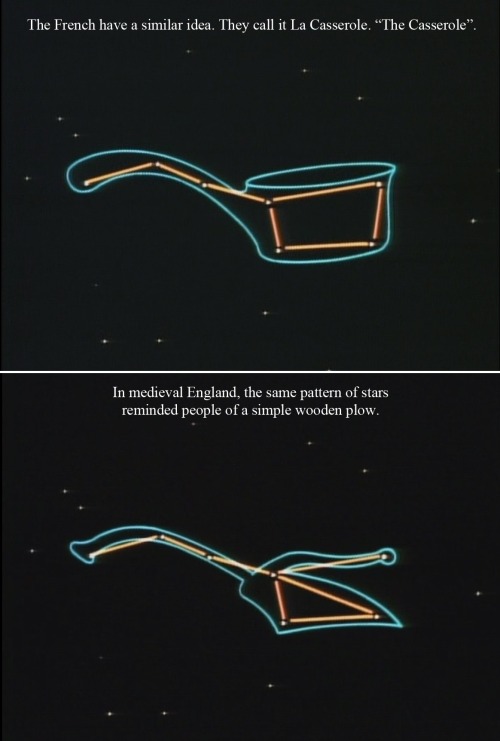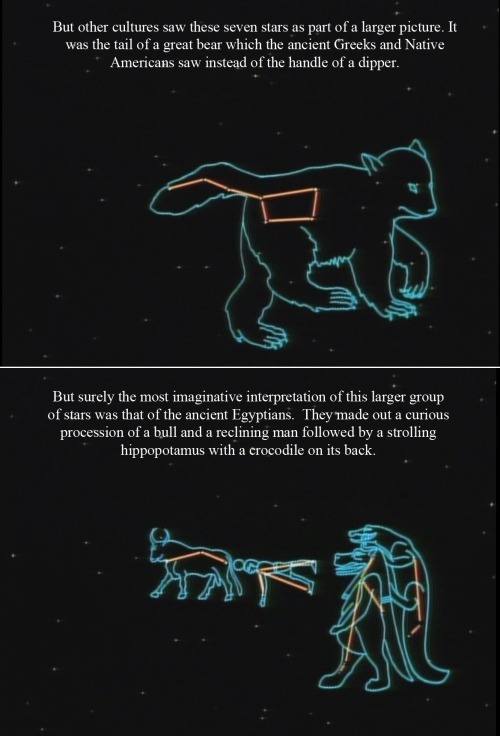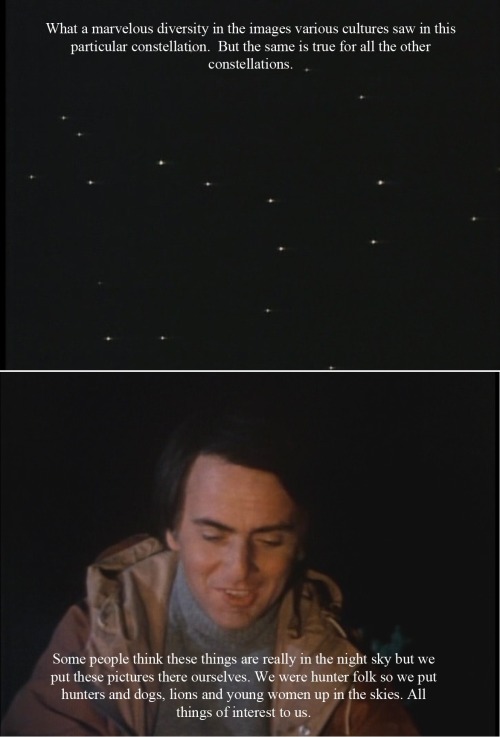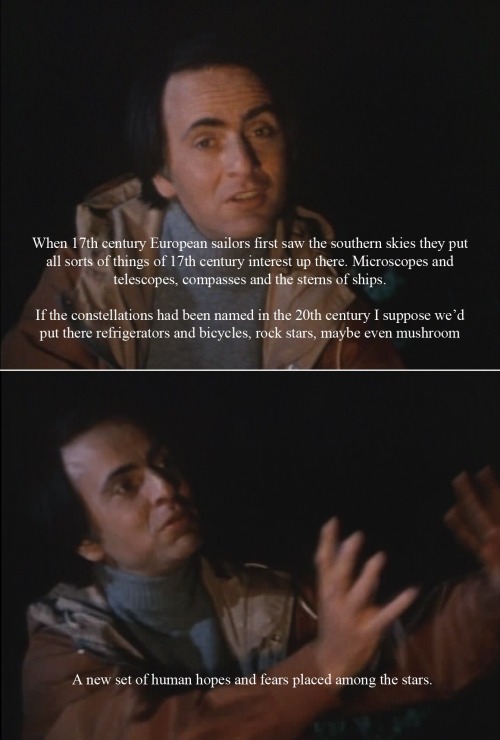Muahahahahah - Muah-Ha-Ha


More Posts from Muahahahahah and Others
loving is the single most painful thing I've experienced
Into the Spider-Verse is, undoubtedly, a Miles Morales movie, yet I can’t help but feel sympathy for Peter B. Parker and relate to him more than to Miles as the twenty something kid that I am. The moral of the story the movie presents is there, and it’s Miles’ moral, but Peter’s character story and arc is also there and it’s maybe sadder than you think in that funny, light movie, but so important to me.
Gen Z and Millennials can definitely relate to the older Peter, even if he’s 38 years old. He’s tired, he’s done, he just wants some rest, he resents his responsibilities, he’s screwed up more times than he remembers, he’s not much of a fan of kids, he doesn’t even care about proper spelling (”There’s always a bypass key, a virus key, a who-cares key, I can never remember so I just call it a goober.”). Honestly, mood. And I’m only in college, people.
See, there is this moment in the movie that is supposed to serve as a comedic moment: Miles tries to say “with great power comes great responsibility” but Peter abruptly cuts him off, almost screaming “don’t you dare finish that sentence, don’t do it!”. Then he follows with “I’m sick of it.” And then he says “My advice? Go back to being a regular kid.”
Peter still tries to live by the words of his uncle, but where at the beginning they were his motivation and something that gave his life meaning, now they’re a resented responsibility drawing a circle he can’t break out from. He’s been slowly losing his passion for being Spider-Man, just putting the suit on because he feels like he has to. He even says that Mary Jane scared him by her wanting kids. He’s scared to move on and to be something else, something more than just Spider-Man. There’s also the reason of him not wanting to see his kid go what he’s gone through, and that being a parentless family, but that’s half of the problem.
When you get a close up

you can see the determination on his face, but there are also a broken nose, bags under his eyes, the hair he doesn’t even care to pull back, the gray skin, the scruff, a few wrinkles even, and… sadness. He’s genuinely sad, he’s depressed, and so done with everything. But he’s not one to quit. He’s still living by Ben’s words.
Those words have become his curse because he lost his way somewhere along his life, because he overdid it with understanding the words. It’s like with Titanic where they were supposed to have women on the lifeboats first, and then men, but they just let the women step into the lifeboats because they didn’t understand the command. That being said, instead of being just a motivation and inspiration, Ben’s words became something he can’t let go of, almost like a drug, like a sick addiction, and maybe he does see it, maybe he doesn’t, but it’s there, and it’s determining his life. He can’t help but loathe them. He doesn’t allow himself to be something else but these words. He is those words, nothing else.
There’s a moment in the movie where Aunt May tells him, “you look tired.” And he genuinely replies, “I am tired.” I may or may not have shed a tear, because that was the perfect reflection of how he felt and how lost he was. He was tired of being who he was and still pursued that path. Sounds relatable? Because it is.
Things happen, movie ends, and while Miles’ moral of the story is that everyone can wear a mask and nobody’s ever ready to be a hero, that they just grow into it, and all you need is that little spark, Peter B. Parker learns that the words he’s lived by aren’t what should make his life sad, broken, and resentful. He learns that he’s just a person like any other, not just words. Thanks to the little journey with Miles he learns over again that being Spider-Man is supposed to be fun and a responsibility among other things, not only a responsibility determining his day-to-day life 24/7. Peter learns that being a hero does require a lot of sacrifice, but it’s just a part of who he is, and that he has the right to be happy.
I don’t know what you got out of the movie, but in my opinion, Peter B. Parker teaches you in this movie that you have the right to be happy. You have the right to live a good life despite one or more responsibilities that set up your daily basis, whether it’s a job or a problem you’ve had for a while. You can still be happy.
I stepped out of the movie theater thinking, “goddammit, why don’t people remember that you can still be happy nowadays? Why do people determine their lives by only the bad things? Why are we like this? Why am I like this?” And honestly? Despite all the bullsh*t, all the crap, and all the small or big problems, I deserve some happiness, man. And so do you.



When a new cafe opens on the high street, Yuki’s constant fears and worries finally catch up with her – will Beniko remain by her side, or is her role as the authoress’ muse finally over?
Read/DL at the Google Drive link above!
They will never understand the sadness that you can physically feel in your chest

sometimes I just get so sick and tired of fighting just to survive.


I hate feeling sick. Let’s all never feel sick again!!!!






The Narcissist: A Fractured Hall of Mirrors
The narcissist is a child masquerading as an adult. At a young age, they stop developing and start maladapting. They adopt facets of society, culture, and loved ones as a basis for their identity. They take note of what attracts adoration, support, and positive attention. They add those traits into a better version of themselves. Eventually, their paper-thin facade is convincing enough. They seem to be charming, generous, friendly, loving, desirable but will manufacture opportunities that create an air of importance for themselves. No matter how well presented, these qualities are not genuine and merely projections that cover a bottomless need for validation and an endless search for security.
FMRI scans irrefutably show there is a lack of cognitive function in the cerebral cortex of the narcissist. There is an inability to model concepts competently. If you catch one copying ideas more complex than their understanding, it will show. They may deviate by trying to sound technical on a more familiar subject to compensate.
There is also a failure to deeply simulate other people’s experiences. They will always snag someone though and appear to be empathic. The other is usually below the narcissist’s experience level or is unwittingly having their own desires played like a tune so they do not see things as they are. Don’t be fooled by a well-practiced face. It is a surface act. “I’ve been there, so I know you.” Anyone who has overcome actual trauma beyond the human drama will see through this. It will leave an awkward taste in the mouth, like fake, sugary icing from a store-bought cake.
The narcissist also has an undeniable need to be right. Being “right” can appear as downright obstinance or it can look like, “I have grown, so now this is how I do things.” What they aren’t saying: My example is the right example. My thoughts are a better perspective. They will haphazardly insert statements that fly in the face of things previously said, trying to dissolve the perception they are presenting a better way, their way, even when the end goal is to sell something!
They will try to manipulate the victim by triggering fears and insecurities in a passive, casual, and even friendly manner. They distract with smoke and mirrors by pretending to bolster the weak self-esteem of their victims. Seeing this can be especially helpful when dealing with a more compelling classic narcissist or a hidden narcissist that is probably unaware of their behavior. Don’t buy the BS. It is not worth the money, time, or commitment. They make promises that claim little effort for a short-term gain, then turn around and tell you to put in the work.
Watch out for repetitive, circular thinking while quickly jumping from one idea to the next without coherency or clear transition. We all live in the age of distraction and many of us show to some extent circular thinking, but the flighty narcissist will seem like they have a peculiar kind of dementia. It is even more extreme. They are just sadly confused about what they should latch onto in their desperate attempt to appeal to others. They will run with anything that uplifts and reaffirms the shaky ground their identity stands on.
If the narcissist believes their idea of self is affronted or challenged (even if one has done nothing at all) they will obsessively fixate on that person. The fixation can be as strong as the obsession with perfecting their image. They will do this by stalking, mimicking, or finding ways to oppose the insubstantial pieces they can target. They may even incomprehensibly try to both copy and insult the assumed offender simultaneously.
One must resist the urge to engage with or react to the tactics of both the classic and covert narcissists. If one falls prey, then they have succeeded, for they can play the victim, the innocent, or the hypersensitive sweetheart who understandably had a bad moment. Don’t feed their ego. Be aware of the poor fools who are wrapped around their fingers, ready to fight their battles. The takeaway: Stay away.
The most dangerous truth a narcissist can never personally accept is that they are a fractured mirror. They will mirror whatever reflects best, no matter how distorted. Every story they spin to convince themselves that isn’t so only further pushes them away from integration. Everything they uphold about being authentic, they will tragically tell themselves over and over until the bitter end.
These lost souls will always be compelled to defend, will always be fine-tuning a flawless persona, one they think is beyond reproach. Yet they continue to yearn for an unattainable assurance they are someone, that they are real. As long as the narcissist personality exists the individual will never know the depths below.
-
 turtlebacon liked this · 2 months ago
turtlebacon liked this · 2 months ago -
 dangitdunsparce liked this · 3 months ago
dangitdunsparce liked this · 3 months ago -
 tracingbackirises reblogged this · 5 months ago
tracingbackirises reblogged this · 5 months ago -
 shadowyscissorsprunefish liked this · 8 months ago
shadowyscissorsprunefish liked this · 8 months ago -
 originalpandahoagieoperator liked this · 8 months ago
originalpandahoagieoperator liked this · 8 months ago -
 drbutton liked this · 10 months ago
drbutton liked this · 10 months ago -
 thunder067 liked this · 11 months ago
thunder067 liked this · 11 months ago -
 verovc2001 liked this · 1 year ago
verovc2001 liked this · 1 year ago -
 solarianloverboi reblogged this · 1 year ago
solarianloverboi reblogged this · 1 year ago -
 pieta liked this · 1 year ago
pieta liked this · 1 year ago -
 wizardrot liked this · 1 year ago
wizardrot liked this · 1 year ago -
 stickysituations reblogged this · 1 year ago
stickysituations reblogged this · 1 year ago -
 sadincae reblogged this · 1 year ago
sadincae reblogged this · 1 year ago -
 cicekleniyorum reblogged this · 1 year ago
cicekleniyorum reblogged this · 1 year ago -
 cicekleniyorum liked this · 1 year ago
cicekleniyorum liked this · 1 year ago -
 navystrawhat reblogged this · 1 year ago
navystrawhat reblogged this · 1 year ago -
 begottenstar liked this · 1 year ago
begottenstar liked this · 1 year ago -
 trashyspud330 liked this · 1 year ago
trashyspud330 liked this · 1 year ago -
 dovetrappedinacage liked this · 1 year ago
dovetrappedinacage liked this · 1 year ago -
 kuku-doodles liked this · 1 year ago
kuku-doodles liked this · 1 year ago -
 vampirelostinthesupermarket liked this · 1 year ago
vampirelostinthesupermarket liked this · 1 year ago -
 weird-ecologies liked this · 1 year ago
weird-ecologies liked this · 1 year ago -
 kieraneko reblogged this · 1 year ago
kieraneko reblogged this · 1 year ago -
 gatorsnot reblogged this · 1 year ago
gatorsnot reblogged this · 1 year ago -
 toocrazy-tb-straight liked this · 1 year ago
toocrazy-tb-straight liked this · 1 year ago -
 albinorainbow liked this · 1 year ago
albinorainbow liked this · 1 year ago -
 eviani liked this · 1 year ago
eviani liked this · 1 year ago -
 tendercoretroglodyke liked this · 1 year ago
tendercoretroglodyke liked this · 1 year ago -
 owiion liked this · 2 years ago
owiion liked this · 2 years ago -
 yourreme-dee reblogged this · 2 years ago
yourreme-dee reblogged this · 2 years ago -
 nervousflowerwombat liked this · 2 years ago
nervousflowerwombat liked this · 2 years ago -
 sistensims liked this · 2 years ago
sistensims liked this · 2 years ago -
 youcandohardthings liked this · 2 years ago
youcandohardthings liked this · 2 years ago -
 neumoegen liked this · 2 years ago
neumoegen liked this · 2 years ago -
 cantdrawtosavemylife liked this · 2 years ago
cantdrawtosavemylife liked this · 2 years ago -
 soup-moon liked this · 2 years ago
soup-moon liked this · 2 years ago -
 tolovetakescourage reblogged this · 2 years ago
tolovetakescourage reblogged this · 2 years ago -
 tolovetakescourage liked this · 2 years ago
tolovetakescourage liked this · 2 years ago -
 betablonde liked this · 2 years ago
betablonde liked this · 2 years ago -
 the-alchemist-garden liked this · 2 years ago
the-alchemist-garden liked this · 2 years ago -
 thingsiholdwithme reblogged this · 2 years ago
thingsiholdwithme reblogged this · 2 years ago -
 lesbianomen reblogged this · 2 years ago
lesbianomen reblogged this · 2 years ago -
 sordidsapphic liked this · 2 years ago
sordidsapphic liked this · 2 years ago -
 thoughtfulclodpeachlight liked this · 2 years ago
thoughtfulclodpeachlight liked this · 2 years ago -
 blue-at-heart liked this · 2 years ago
blue-at-heart liked this · 2 years ago
